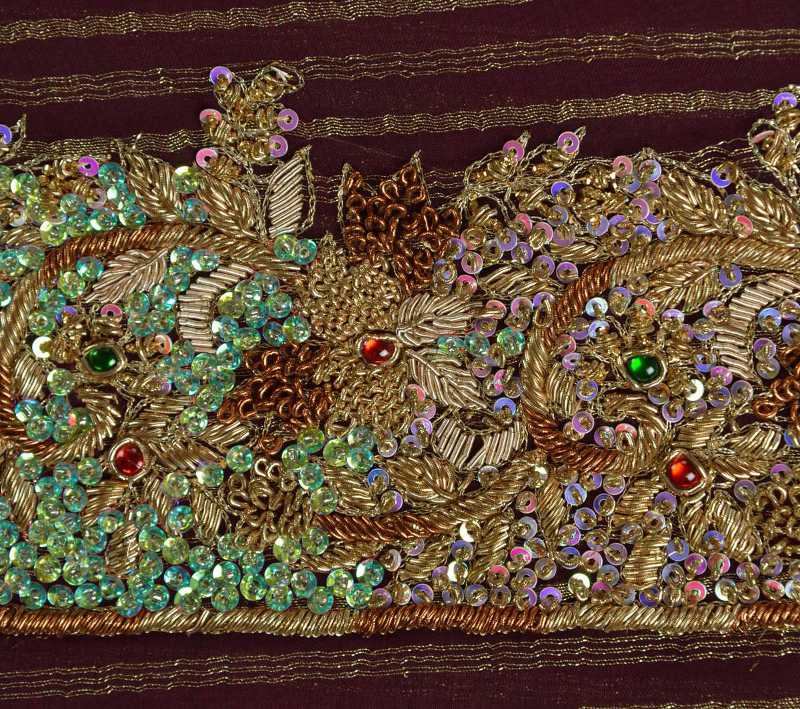===
0256,
4
===

=== |
 |
pardah : 'A curtain, screen, cover, veil, anything which acts as a screen, a wall, hangings, tapestry; ... drum (of the ear)'. (Platts p.246)
ek : 'One, single, sole, alone, only, a, an; the same, identical; only one; a certain one; single of its kind, unique, singular, preëminent, excellent'. (Platts p.113)
FWP:
SETS == EK
MOTIFS == VEIL
NAMES
TERMS == IZAFAT; ZILATo all this wordplay we can add the clever use of ṭuk , which conventionally means something like 'please', the way we similarly use 'just' in English (as in 'Won't you just open the door?'); the effect of minimizing or deprecating the request is a form of courtesy. Here, in addition to that sense, the literal meaning of 'a little bit' is also operative: the heedless listener should open his ears at least 'a little bit', so he can hear the 'tumult of the world'.
And of course, here as in the other verses of this ghazal, ek has a remarkable range of possible meanings, which is why I've left it untranslated. Of course, the juxtaposition with sab brings the literal, numerical meaning of 'one' into high relief. But the other possibilities too are fully operative.
Note for translation fans: The obvious rendering of suḳhan-sāz is of course 'speech-maker'. Isn't it a pity that it's ruined for our purposes by its overtones of artificiality and hypocrisy? It's like the case of 'selflessness', which would be perfect for be-ḳhvudī except for its established English sense of 'unselfishness'.